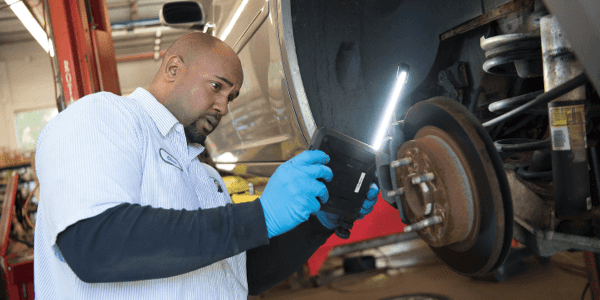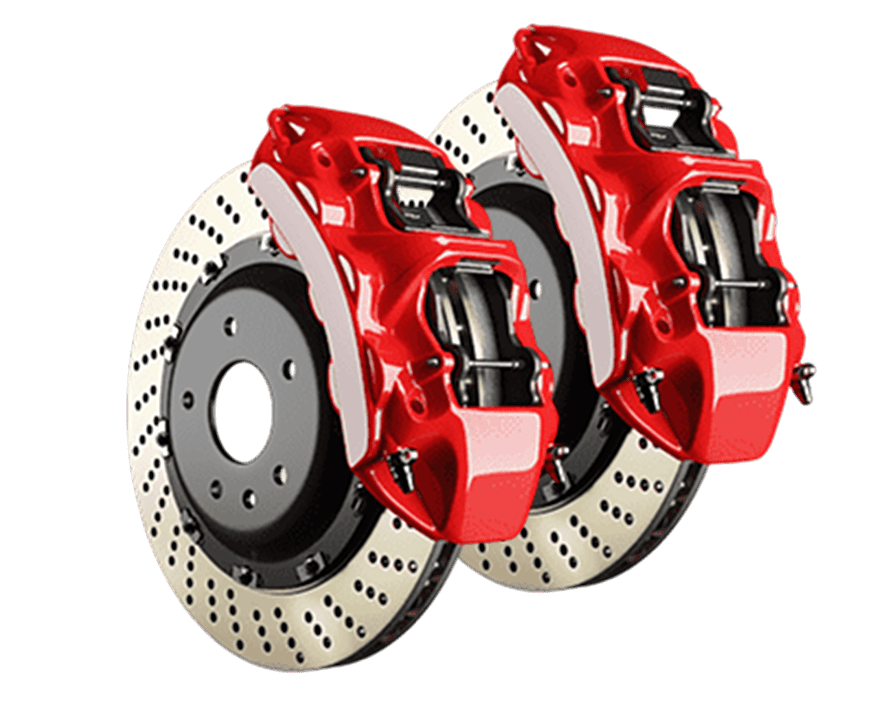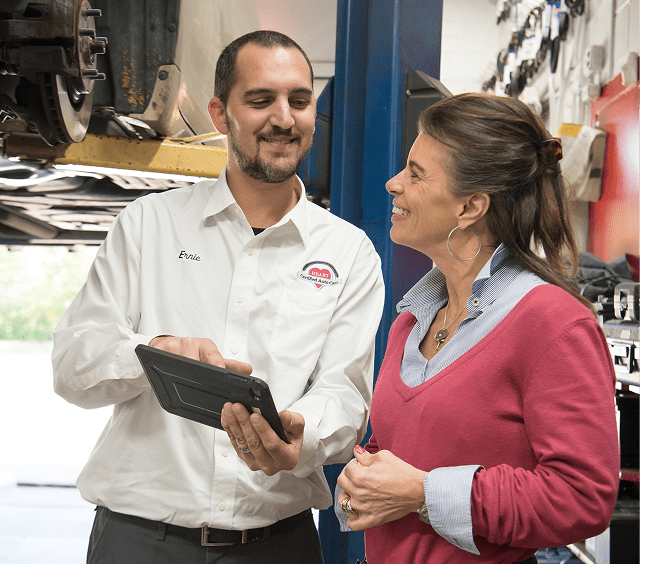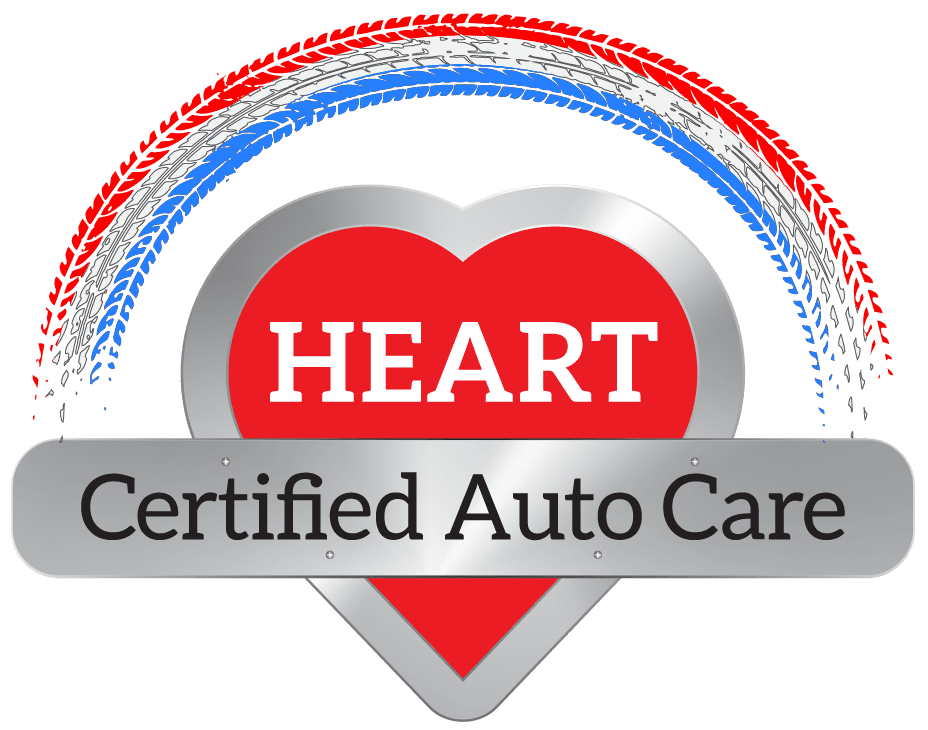Enjoy Smooth, Quick
Brake & Rotor Repair
With expert repairs that keep every drive safe
and seamless.
and seamless.
Same-Day Brake Repair
Protect your time with 98% same-day service, so you’re back on the road faster and stress-free.
Unlock Expert Brake Pad Replacement
Stop confidently with premium pads installed fast—enjoy a 3-Year/36k-Mile Warranty on every fix.
Expert Rotor Replacement
Eliminate squeals and vibrations with fast, precise rotor replacement that keep every drive smooth.


Repair Your Vehicle Now Pay Over Time

Why Choose HEART for Brake Repair
- 3-Year/36k-Mile Warranty
- Over 2,000 Five-Star Reviews
- 98% Same-Day Service
- Free 33-Point Inspection
- Free Loaners Cars + Shuttles
- Family-Owned 40+ Years

Book Today, Drive Tomorrow
HEART Team
We restore your faith in auto care—not just through affordable service, but through 100% transparency, exceptional customer service, and community outreach that extends far beyond our shop. Our unparalleled level of service comes from a staff that averages 13 years of tenure. And as a result, HEART has over 2,000 five star ratings.

Frequently Asked Questions
1. Why Are My Brakes Squeaking?
Lorem ipsum dolor sit amet, consectetur adipisicing elit. Optio, neque qui velit. Magni dolorum quidem ipsam eligendi, totam, facilis laudantium cum accusamus ullam voluptatibus commodi numquam, error, est. Ea, consequatur.
2. Why Are My Brakes Squeaking?
Lorem ipsum dolor sit amet, consectetur adipisicing elit. Optio, neque qui velit. Magni dolorum quidem ipsam eligendi, totam, facilis laudantium cum accusamus ullam voluptatibus commodi numquam, error, est. Ea, consequatur.
3. Why Are My Brakes Squeaking?
Lorem ipsum dolor sit amet, consectetur adipisicing elit. Optio, neque qui velit. Magni dolorum quidem ipsam eligendi, totam, facilis laudantium cum accusamus ullam voluptatibus commodi numquam, error, est. Ea, consequatur.
4. Why Are My Brakes Squeaking?
Lorem ipsum dolor sit amet, consectetur adipisicing elit. Optio, neque qui velit. Magni dolorum quidem ipsam eligendi, totam, facilis laudantium cum accusamus ullam voluptatibus commodi numquam, error, est. Ea, consequatur.
5. Why Are My Brakes Squeaking?
Lorem ipsum dolor sit amet, consectetur adipisicing elit. Optio, neque qui velit. Magni dolorum quidem ipsam eligendi, totam, facilis laudantium cum accusamus ullam voluptatibus commodi numquam, error, est. Ea, consequatur.









